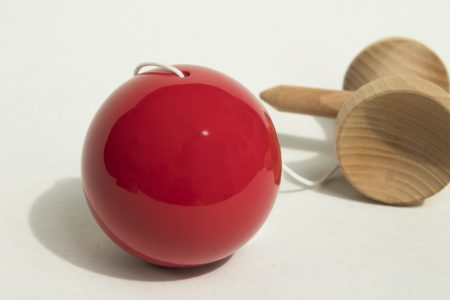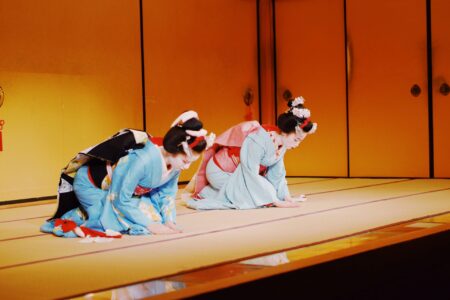Loanwords: Our ‘False Friends’ (Part 1)

Top photo: analogicus on Pixabay
MUSUBI presents the first in a two-part essay on one of the most useful but at times confusing parts of learning Japanese- the loanwords.
Part 1: I’ll meet you at the Coin Laundry for some Ice
Japanese people are known for their adaptability and creativity. By going
around big cities such as Tokyo, Yokohama, Osaka, and many more, one can see how the Japanese have skillfully mastered the art of fusing east and west. It
is evident in their art, food, architecture, fashion and language.
I was living in Australia when I met the most beautiful woman I’d ever seen. Three years later I’d moved to Japan to start a new life as a married man. Looking back, I think it was a risky but courageous move. Something I would probably think twice about if I have to make the same decision now. We communicated in English which meant that my Japanese vocabulary was “zero to none”.
Occasionally she would throw in words like オムライス (omu-rice or omelet rice), カレーライス (curry-rice or curry and rice), テレビ (televi, or television), フライドポテト (friend potato, or French fries) and a few others once in while. Most of the time I would get the gist, but there were times when I’d get a bit cranky because the words just don’t seem to fit the meaning, the usage, and the syntax.
Later on, when I started working and meeting people, I got more exposure to
the language. Knowing that I was a foreigner, they would frequently use English-like words, either to make me feel comfortable or impress me. Oftentimes it did the opposite. It would take me moments to analyze the context before I could figure out what they meant.
You know, that feeling when you talk about something very ordinary and the other takes a long time to react like it was some complex mathematical theory. Sometimes I got it right, but sometimes I didn’t get it all. It must have been frustrating for them, too.
Here are some of words that may sound familiar when you say them out loud, but actually carry a very different meaning.
1. Aparto (アパート) from the word ‘apartment’. Makes sense, right?
2. Mansion (マンション) refers to a condominium or an apartment building taller and bigger than an Aparto.
3. Pierce (ピアス) is how you say ‘earrings’.
4. Reform (リフォーム) means a newly renovated house, apartment or building.
5. Talent (タレント is a ‘TV personality’.
6. Coin Laundry (コインランドリー)means ‘laundromat’.
7. Paper Driver (ペーパードライバー)means a person who has a driver’s license but does not drive.
8. Part (パート) means a part time job or a part time worker.
9. Salary Man (サラリーマン)is a male office worker or company employee.
10. Office Lady (OL)is the female counterpart of a ‘salary man’
11. Soft Cream (ソフトクリーム) means soft serve ice cream
12. Ice (アイス)on the other hand means any kind of ice cream or frozen treat
As I adapted to life in Japan, I studied and learned how to use the language.
My Japanese is far from proficient, but it’s enough to get me where I want to go or tell you how I feel. I realized that there is a whole plethora of these ‘false friends’, pseudo-English or loanwords in the lingo (the proper term being 外来語, gairaigo). Learning the language takes a lot of time and discipline, but these words added up to my limited vocabulary. They are already familiar and easier to remember.
Personally, I still have reservations using them. I avoid doing so as much as I can, but when they’re being thrown at me, I’m able to understand easily and reply appropriately. Having these words at my disposal made small talks and casual communication easier, which helped me built friendships and relationships.
And then I became an English teacher, and things got complicated. But that’s a story for another time. Stay tuned for Part 2 next week!
Photo Credits:
Top photo: analogicus on Pixabay
All other content (text) created by the original author and © 2021 MUSUBI by Borderlink
RELATED
-

When the Honeymoon is Over (Part 1)
Top photo: Matt Cannon on Unsplash MUSUBI presents the first in a two-part essay on Culture Shock and how to … -

Why You Need to Try Kendama
Top photo: stux on Pixabay Over the past 10 years, a traditional wooden toy has been making a resurgence thro… -

Take a Bow: How Japan Changed Me
Top photo: wang xi on Unsplash Sure, when you live overseas you expect some things will be different from the…
PEOPLE

Clint D.
From the Philippines
Has enjoyed many happy years in Japan!


